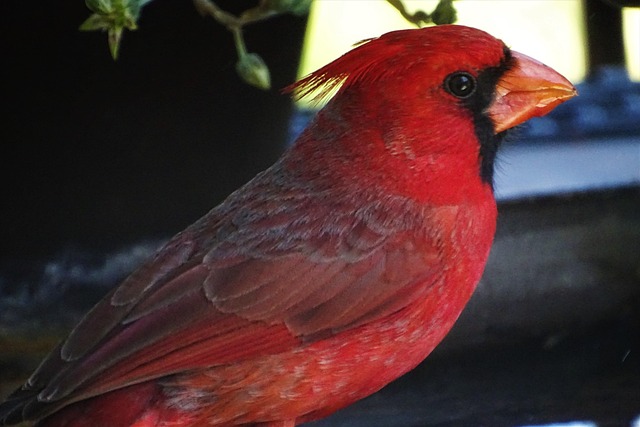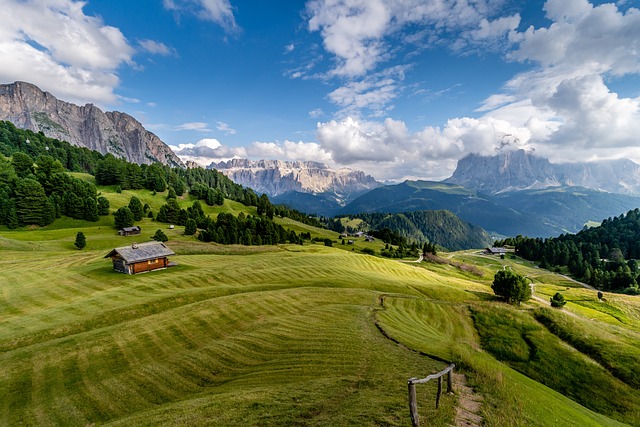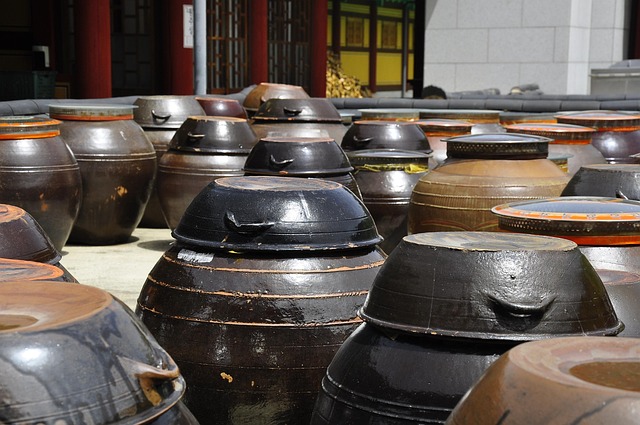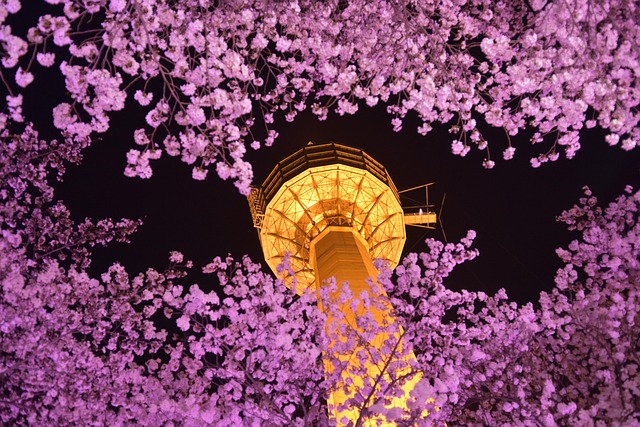Neighborhood identity is a powerful driver in real estate, fostering community bonds through shared history, cultural events, and local traditions. Real estate professionals can enhance property values by embracing and promoting these identities. Community events, shared green spaces, and local business partnerships strengthen neighborhood value. Inclusive design elements and diverse housing options contribute to resident unity, cultural exchange, and collective pride.
Neighborhood identity is more than just a location; it’s a powerful force for unity. In this article, we explore how a strong community bond enriches lives and transforms spaces. From understanding the core of neighborhood identity to implementing strategies that strengthen connections, we delve into actionable ways to foster a sense of belonging. Additionally, we examine the surprising role real estate plays in cultivating these vital communities, showcasing how it can be a game-changer for fostering unity and social cohesion.
Understanding the Power of Neighborhood Identity

Neighborhood identity is a powerful force that shapes the way we live and interact with our surroundings. In the realm of real estate, understanding this dynamic is crucial for creating vibrant communities. When individuals feel a strong sense of belonging to their neighborhood, it fosters unity and strengthens social connections. This collective identity can be cultivated through shared history, cultural events, and local traditions, making each community unique and distinctive.
By embracing and promoting these identities, real estate developers and agents can play a significant role in building inclusive spaces. Incorporating local art, supporting community initiatives, and organizing neighborhood gatherings are strategies to enhance the sense of place. Such efforts contribute to higher resident satisfaction, increased property values, and a thriving social fabric that attracts prospective buyers seeking not just a home but a sense of belonging.
Strategies to Build and Strengthen Community Bonds

Building strong community bonds is essential for creating a vibrant neighborhood, which significantly enhances the value of nearby real estate. One effective strategy is organizing regular community events that encourage interaction and foster a sense of belonging. These can include block parties, neighborhood clean-up drives, or cultural festivals showcasing local talents. Such gatherings create opportunities for residents to connect, share experiences, and develop lasting friendships.
Additionally, establishing community gardens and shared green spaces allows neighbors to collaborate on projects, fostering collaboration and a collective responsibility for their environment. These spaces can also serve as hubs for various community initiatives, further strengthening the neighborhood identity. Encouraging local businesses to engage with residents through sponsored events or partnerships can also contribute to this goal, creating a thriving microcosm that attracts and benefits from diverse real estate offerings.
Real Estate's Role in Fostering Unity and Belonging

The real estate landscape plays a significant role in shaping neighborhood identity and fostering unity among residents. When communities are designed with a focus on inclusivity, walkability, and shared spaces, they naturally encourage interaction and a sense of belonging. For instance, vibrant public parks, community gardens, or shared courtyards become hubs for social gatherings, where neighbors connect, build relationships, and create lasting bonds.
Additionally, real estate developers can contribute to unity by incorporating diverse housing options that cater to different age groups, backgrounds, and economic statuses. Mixed-use developments, affordable housing units, and inclusive neighborhoods ensure a rich tapestry of residents, fostering an environment where everyone feels welcomed and valued. This diversity enriches the community, encourages cultural exchange, and promotes a collective sense of pride in their shared space.






